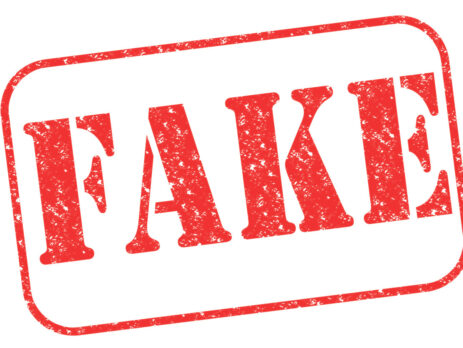How Do You Know When You Have a Serious Buyer?
Once you’ve decided to sell your business, one of the biggest challenges you will encounter is determining if the potential buyers you interview are serious buyers. 90% of all potential buyers that begin looking to acquire a new business never buy. There are numerous reasons why a potential buyer may not follow through on an acquisition. One of these reasons is that the buyer just isn’t capable of owning their own business; they are risk averse.
There are three main types of buyers; financial buyers such as a private equity group, strategic buyers such as a competitor, and an owner-operator or buyers who want to slide into your role. In this article, I’ll explore what you need to look for in an owner-operator buyer.
Here are helpful tips to determine if you have a serious owner-operator buyer:
- The buyer has a strong BIO and personal financial statement readily available and has no issue in sharing this information
- The buyer has previously owned a business and/or has close ties with someone who has owned a business, such as a family member
- The buyer has a supportive letter from their bank
- The buyer is responsive in returning calls and emails
- The buyer has been looking to purchase a business for some time and is not currently employed
- The buyer has some previous experience with your industry (not mandatory, but this certainly helps)
Buyers want to be sure they are making the right decision. More often than not, buyers assume quite a bit of debt when acquiring a new business; this includes personal guarantees. Because of this, the buyer may be hesitant to follow through. While you can be understanding of a buyer’s hesitation and the time they will need to thoroughly examine your business, you and your business intermediary will need to set firm timelines to determine when due diligence will be completed. If you are working with a buyer that requests multiple timeline extensions, you may have taken on a non-serious buyer. Hold firm to your timelines; if the buyer cannot meet these milestones in the acquisition process, it’s best to move on to another buyer.
You and your business intermediary should be confident about your buyer prior to signing a Letter of Intent (LOI). By signing a LOI, you agree to take your business off the market from 30-90 days (depending on your agreement). Having confidence in your buyer is crucial at this step, because if the buyer doesn’t follow through it can be extremely disruptive to put your business back on the market.
An experienced business intermediary will be able to vet your buyers to make sure you are engaging with the right person or persons. These tips are just the beginning; there are multiple signals that a buyer may say, do, or show in body language that can indicate if they are serious about acquiring your business.
Time is money, and you want to make sure your time is well spent with the buyers that will follow through on buying your business.
This article was written by Sam Thompson. Sam is the president and owner of Transitions In Business, a Minnesota based M&A firm that specializes in selling healthcare, business to business, transportation, manufacturing, distribution and IT companies. Sam is a Merger and Acquisition Master Intermediary (M&AMI) and a Certified Business Intermediary who has successfully guided countless business owners through the sale or merger of their company. Prior to becoming an intermediary, Sam was a successful CEO and business owner for 29 years before selling his $16 million business.

